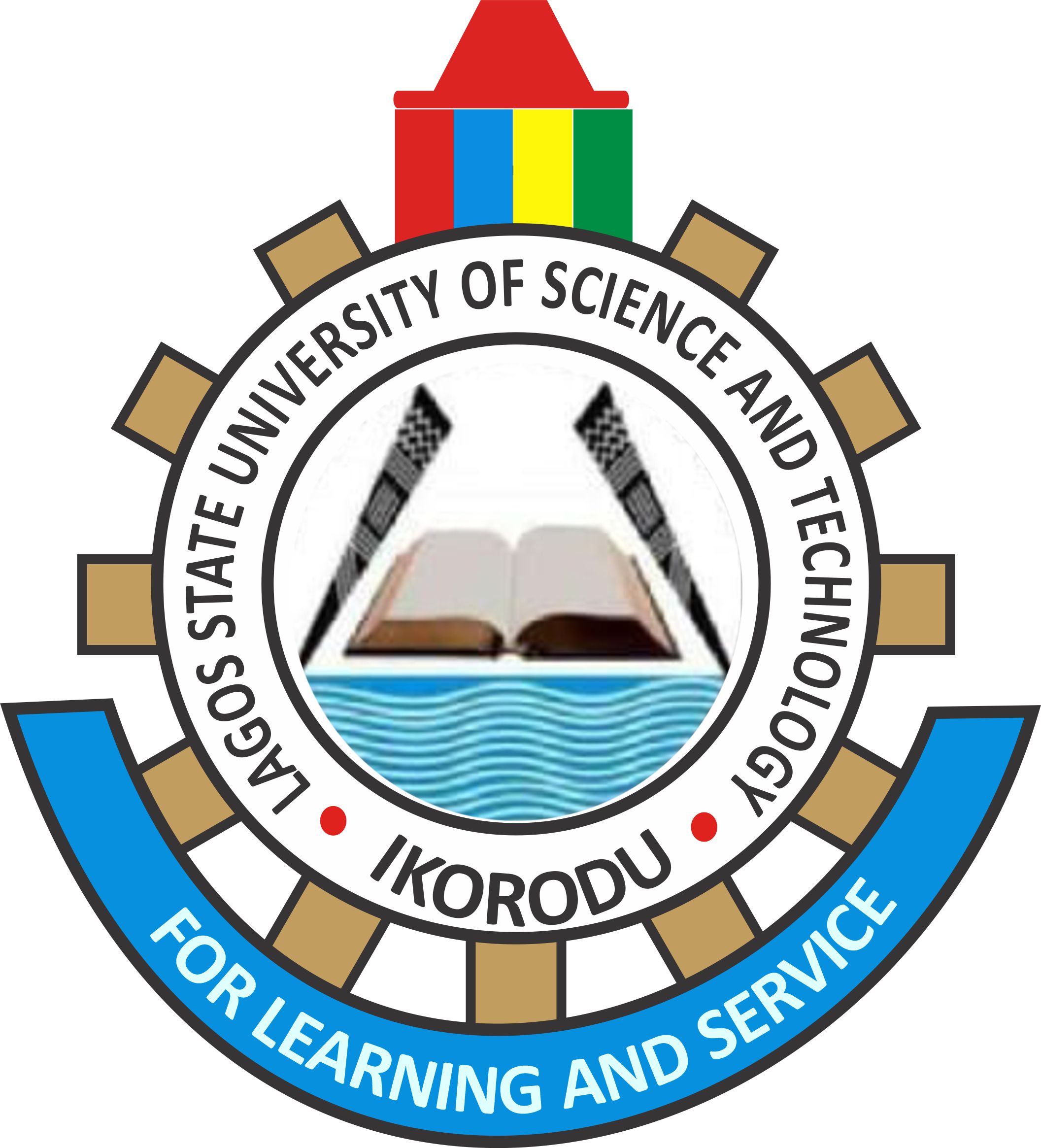
Dr Agbalaya, Khadijah Kubura
Head of Department
Tell Your Dreams, We Make It Real in the Department of Animal Production
Animal production refers to the process of breeding, raising, and managing animals for various purposes, primarily to meet human needs and demands. This multifaceted field encompasses a wide range of activities, from traditional farming practices to modern, technologically advanced production systems. Here are key aspects of animal production: Effective animal production requires a comprehensive understanding of animal biology, nutrition, genetics, and management practices. Professionals in this field work towards ensuring the welfare of animals, improving productivity, and contributing to sustainable and responsible agriculture.
Sustainable Agriculture, durable future.
Animal production is a broad term that encompasses various aspects of breeding, raising, and managing animals for human benefit. Animal production is primarily aimed at providing essential resources for human consumption, including meat, milk, eggs, and other by-products. Animal production is a dynamic and evolving field that requires a multidisciplinary approach to address the complex challenges associated with feeding a growing population sustainably. Here are some short notes on animal production.
1. Livestock Types:
• Cattle: Raised for meat (beef) and dairy production.
• Poultry: Includes chickens, ducks, and turkeys raised for meat (poultry) and eggs.
• Swine: Raised for pork production.
• Sheep and Goats: Raised for meat (lamb and goat) and, in the case of goats, milk.
• Aquaculture: Involves the farming of fish and other aquatic organisms.
2. Breeding and Genetics:
• Selective breeding is employed to enhance desirable traits in animals, such as growth rate, disease resistance, and reproductive performance.
• Genetic advancements play a crucial role in improving the overall productivity and efficiency of animal production systems.
3. Nutrition and Feeding:
• Animals require a balanced diet that includes proteins, carbohydrates, fats, vitamins, and minerals.
• Proper nutrition is essential for growth, reproduction, and overall health.
4. Health Management:
• Disease prevention and control are critical aspects of animal production.
• Vaccinations, regular health checks, and hygiene practices are employed to ensure animal well-being.
5. Housing and Environment:
• Proper housing facilities provide shelter and protection against adverse weather conditions.
• A comfortable and stress-free environment contributes to the overall health and productivity of animals.
6. Reproduction and Reproductive Technologies:
• Animal producers use reproductive technologies such as artificial insemination and embryo transfer to enhance breeding efficiency.
• Proper management of breeding cycles and reproductive health is crucial.
7. Waste Management:
• Effective waste management practices are employed to handle manure and other by-products generated by animals.
• Sustainable disposal methods help minimize environmental impact.
8. Sustainability:
• Sustainable animal production practices aim to balance economic viability, environmental stewardship, and social responsibility.
• Efficient resource use and conservation are central to sustainable animal agriculture.
9. Economic and Social Impact:
• Animal production is a significant contributor to the global economy.
• It provides livelihoods for millions of people involved in various aspects of the industry.
10. Challenges:
• Challenges in animal production include disease outbreaks, environmental concerns, ethical considerations, and the need for increased efficiency to meet growing global demand.
Profile
This is some placeholder content the Home tab's associated content. Clicking another tab will toggle the visibility of this one for the next. The tab JavaScript swaps classes to control the content visibili use it with tabs, pills, and any other .nav-powered navigation.
Careers in animal production offer diverse opportunities for individuals interested in working with livestock and contributing to the agricultural and food industries. Here are some common career paths in animal production:
1. Animal Scientist:
• Conducts research on animal genetics, nutrition, reproduction, and health to improve overall animal production efficiency.
2. Livestock Farmer/Rancher:
• Manages and operates farms or ranches for the production of meat, milk, wool, or other animal products.
3. Poultry Farm Manager:
• Oversees the production of poultry (chickens, ducks, turkeys) for meat and egg production.
4. Dairy Farm Manager:
• Manages dairy farms, overseeing the care of dairy cattle and the production of milk and dairy products.
5. Swine Production Manager:
• Manages operations related to pig farming and pork production, ensuring optimal health and productivity of swine.
6. Aquaculture Specialist:
• Works in the farming of fish and other aquatic species, managing operations for seafood production.
7. Veterinarian:
• Provides medical care and preventive services to ensure the health and well-being of animals in production systems.
8. Animal Nutritionist:
• Formulates balanced diets for animals to optimize growth, reproduction, and overall health.
9. Reproductive Specialist:
• Specializes in animal reproduction technologies, including artificial insemination and embryo transfer.
10. Livestock Genetics Specialist:
• Works to improve livestock genetics through selective breeding programs.
11. Animal Welfare Specialist:
• Focuses on ensuring humane treatment and well-being of animals in production systems.
12. Extension Specialist:
• Educates farmers and the public on best practices in animal production, providing outreach and extension services.
13. Agribusiness Manager:
• Manages business aspects related to animal production, including marketing, sales, and financial management.
14. Quality Control Inspector:
• Ensures compliance with industry standards and regulations in animal production facilities.
15. Research Scientist (Private or Government Laboratories):
• Conducts research on various aspects of animal science to advance knowledge and improve industry practices.
16. Environmental Compliance Specialist:
• Focuses on ensuring that animal production operations comply with environmental regulations and sustainability practices.
17. Animal Health Technician:
• Assists veterinarians in providing healthcare services to animals, including vaccinations
Profile
This is some placeholder content the Home tab's associated content. Clicking another tab will toggle the visibility of this one for the next. The tab JavaScript swaps classes to control the content visibili use it with tabs, pills, and any other .nav-powered navigation.Contact
This is some placeholder content the Home tab's associated content. Clicking another tab will toggle the visibilityMeet Our Departmental Lecturers

Animal Production

Construction Manager

Architect

Sales Manager

Resource Head
